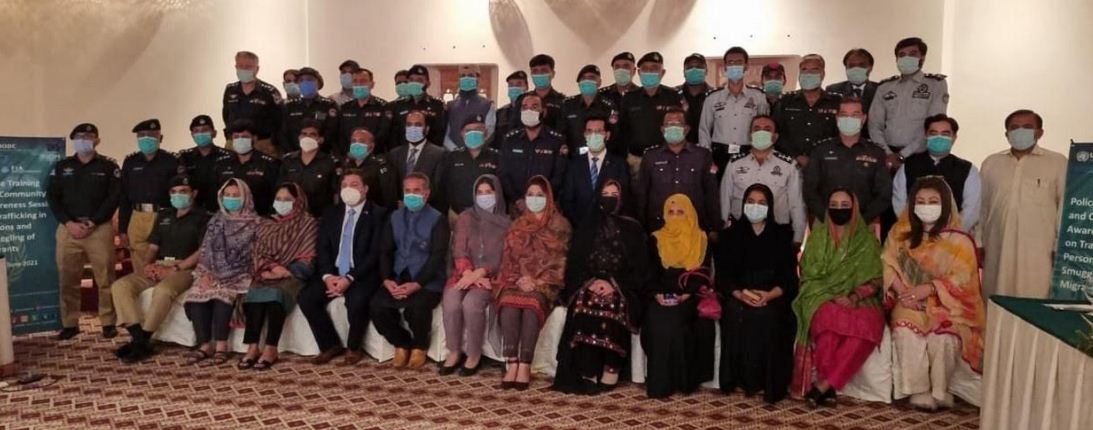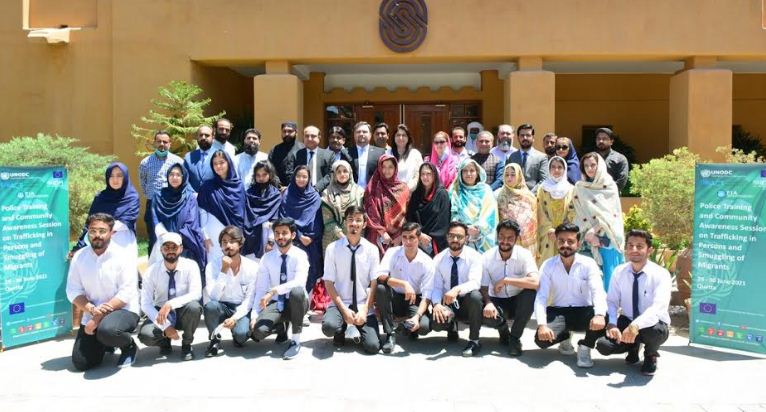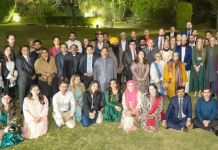DNA
QUETTA, JUN 30: Under the EU funded GLO.ACT – Global Action to Address Trafficking in Persons and the Smuggling of Migrants (GLO.ACT – Asia and the Middle East), the United Nations Office on Drugs and Crime (UNODC), will conduct sessions on trafficking in persons and smuggling of migrants for the Balochistan Police, Federal Investigation Agency, community elders, media, academia and civil society organisations. The sessions will be held at Quetta, the provincial Headquarters of Balochistan in Serena Hotel on 29-30 June 2021.
The purpose of conducting these sessions is to raise the awareness of relevant stakeholders to prevent and respond to trafficking in persons and smuggling of migrants.

The main objective of the sessions is to deepen the understanding of the on Trafficking in Persons and Smuggling of Migrants and help differentiate between Trafficking in Persons and Smuggling of Migrants crimes. The sessions also aim to enhance awareness and understanding of The Prevention of Trafficking in Persons Act, 2018 and The Prevention of Smuggling of Migrants Act, 2018, enacted in Pakistan and to understand the Human Rights and gender aspect of the laws on TIP and SOM.
Sessions will be delivered by Ms. Shahida Gillani, National Programme Officer from UNODC Country Officer Pakistan, Mr. Sardar Zaheer Ahmed, Director Anti-Human Smuggling, FIA and Mr. Qasim Khan Mandokhail, UNODC Expert.
The sessions will emphasize upon challenges being faced by LEAs related to combatting TIP and SOM crimes. It is a common perception that FIA is the only competent Agency to deal with the crimes of TIP and SOM, which is not the case. The Prevention of Trafficking in Persons Act 2018 clearly refers that all internal trafficking cases must be dealt by Police, whereas all external trafficking cases shall be dealt by FIA.
The lack of awareness and lack of coordination among relevant law enforcement agencies and relevant stakeholders including civil society, media and academia is a key challenge. Lack of trust in law enforcement agencies was also flagged as a concern. Victims of these crimes also do not come forward to report perpetrators which, in turn, negatively impacts the cases.

















